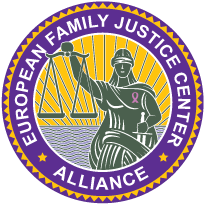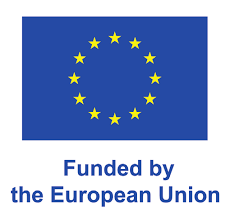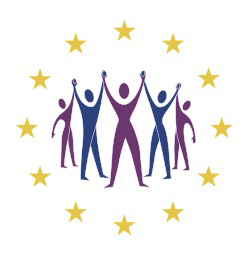Greece/Crete
Suns-Supporting Network for Survivors of Violence Against Women
Organization
Union of Women Associations of Heraklion Prefecture
Grant amount
24.000 EUR
Website
https://kakopoiisi.org
Country
Greece
Title of the project
Suns-Supporting Network for Survivors of Violence Against Women
Project duration
10 months
Target groups
- Survivors and Perpetrators of DV/IPV
- Local stakeholders involved in tackling DV/IPV (Police Authorities, Women Support Services, Entities involved in Perpetrator Work, Prosecutor’s Office, lawyers, legal entities, child protection organizations
Project summary
The SUNS (Supporting Network for Survivors of Violence against Women) is focused on the development of a FJC (multi-agency center) in Crete, Greece. It aims at conducting an internal capacity-building (organization level, in which victim support professionals work with perpetrator work professionals in their common goal to follow the voice of the beneficiaries, aiming at maximizing the safety of survivors. Afterwards, the voice of the beneficiaries will be unfolded in direct, parallel sessions with them, in which professionals will grasp their perception of the existing mechanism regarding IPV/DV response.
The material gathered will be introduced to an external capacity building involving regional key stakeholders in IPV/DV in order to encourage deeper multi-agency collaboration on IPV/DV response. To conclude, for up-scaling the regional multi-agency model, communication and advocacy practices will be carried out.
Project activities
- A1:Multi-Agency Team at UWAH level.
- A2: Sessions with survivors and perpetrators of IPV & DV: Mainstreaming the “voice of beneficiaries” into up-scaling of services provision.
- A3: External Capacity Building on reinforcing multi-agency collaboration.
- A4: Modeling and advocacy of performance - Final Conference. (April 2024)
Qualitative results
A1:Multi-Agency Team at UWAH level
4 Internal Capacity Building Sessions Multiagency & multidisciplinary work with focus on:
- Theoretical models of multiagency (CCR- MARAC) and the prerequisites for implementation,
- Steps for incorporating multidisciplinary work to the day to day practice
- Efficient coordination and collaboration of the VS professionals with the Perpetrators Work professionals
- Safeguarding of the process, and the determinants of success.
- Risk assessment and management from the victims’ side and perpetrators work.
A2: Sessions with survivors and perpetrators of IPV & DV: Mainstreaming the “voice of beneficiaries” into up-scaling of services provision
4 focus groups with survivors of DV/IPV & 4 focus groups with perpetrators of DV/IPV. Focus groups sessions’ content:
- Evaluation of the services provided by each single stakeholder (Police Authorities, Prosecutor’s office, Women Support Services, Perpetrator Work Entities, UWAH, Public Social Services, Health Services)
- Perception concerning DV/IPV before being involved in an incident
- Analysis of its single beneficiary’s case in order to gain a deeper understanding of the steps that survivors and perpetrators followed
A3: External Capacity Building on reinforcing multi-agency collaboration.
4 external capacity building session with professionals from the Police Authorities, Prosecutor’s Office, Women Support Services, Perpetrator Work Entities, Health and Public Social Services participated. External Capacity Building Session’s content:
- Multidisciplinary / multiagency work at regional level; how this process could be applied
- CCR & MARAC models
- Adaptation at regional context
- Capacity needs (infrastructure, protocols, etc.)
- Collaboration between Women Support Services and Perpetrators Work
- Issues of Risk assessment & Risk management
- Child safety maximization
- Coexistence of Problematic Substance Use and Violence
- Efficacy of the legislation provision
- Traumatization avoidance
- Provision of a” Multiagency Standard Agreement”
Quantitative results
A1:Multi-Agency Team at UWAH level
Participation of 40 UWAH employees (Psychologists from the Victim Support and Perpetrator Work Unit, sociologists, advocacy and project officers and coordinator).
A2: Sessions with survivors and perpetrators of IPV & DV: Mainstreaming the “voice of beneficiaries” into up-scaling of services provision.
Participation 50 male perpetrators & 25 women survivors of DV/IPV20
A3: External Capacity Building on reinforcing multi-agency collaboration.
Participation of 60 professionals from Police Authorities, Prosecutor’s Office, Women Support Services, Perpetrator Work Entities, Health and Public Social Services.


